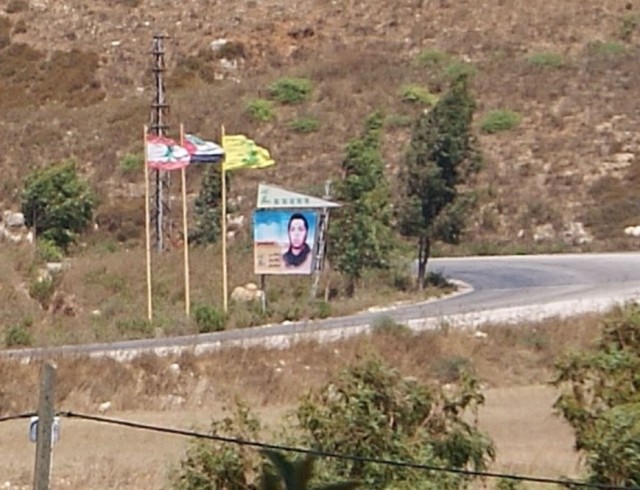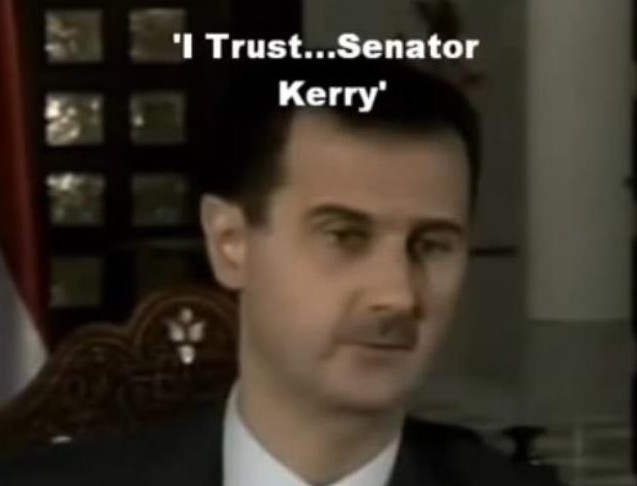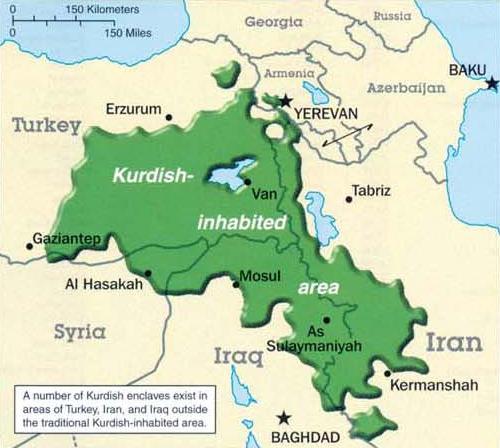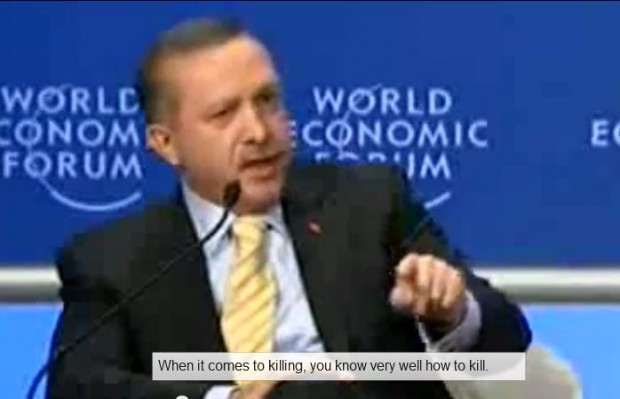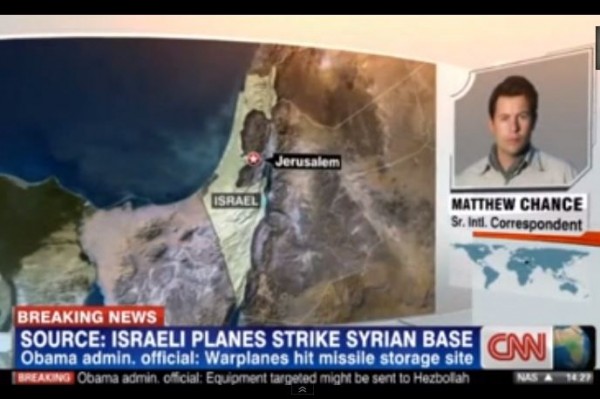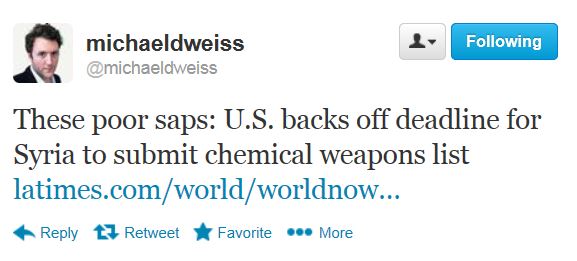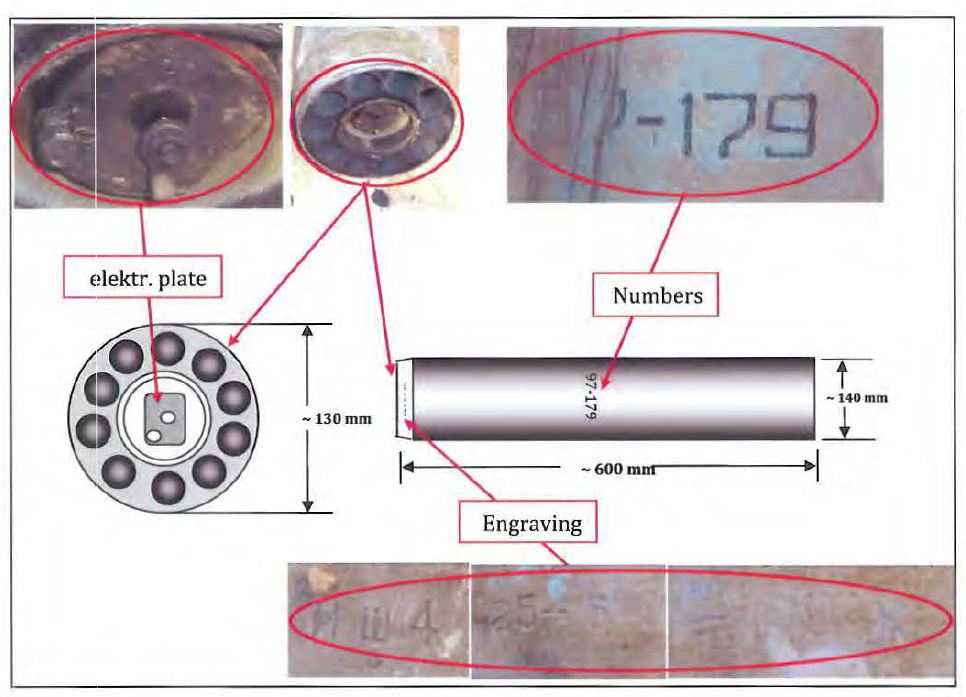Last week as
we noted, the New York Times ran a devastating article about President Obama's Syria policy.
The Times reported, among other things, that the President was disinterested in planning discussions about Syria.
Two other articles reported that America's
Middle East allies generally and the
Saudis specifically were upset by the administration's Middle East policy.
I guess that the New York Times had enough serious reporting about the shortcomings of the Obama administration's Middle East policy, because over the weekend, it published
Rice Offers a More Modest Strategy for Mideast by its foremost White House cheerleader, Mark Landler. (Landler contributed to the Syria report, but was not one of the bylined reporters.)
Each Saturday morning in July and August, Susan E. Rice, President Obama’s new national security adviser, gathered half a dozen aides in her corner office in the White House to plot America’s future in the Middle East. The policy review, a kind of midcourse correction, has set the United States on a new heading in the world’s most turbulent region.
At the United Nations last month, Mr. Obama laid out the priorities he has adopted as a result of the review. The United States, he declared, would focus on negotiating a nuclear deal with Iran, brokering peace between the Israelis and the Palestinians and mitigating the strife in Syria. Everything else would take a back seat.
The article goes on to point out that even Egypt was no longer a priority. In a jab at President Obama's predecessor we learn:

